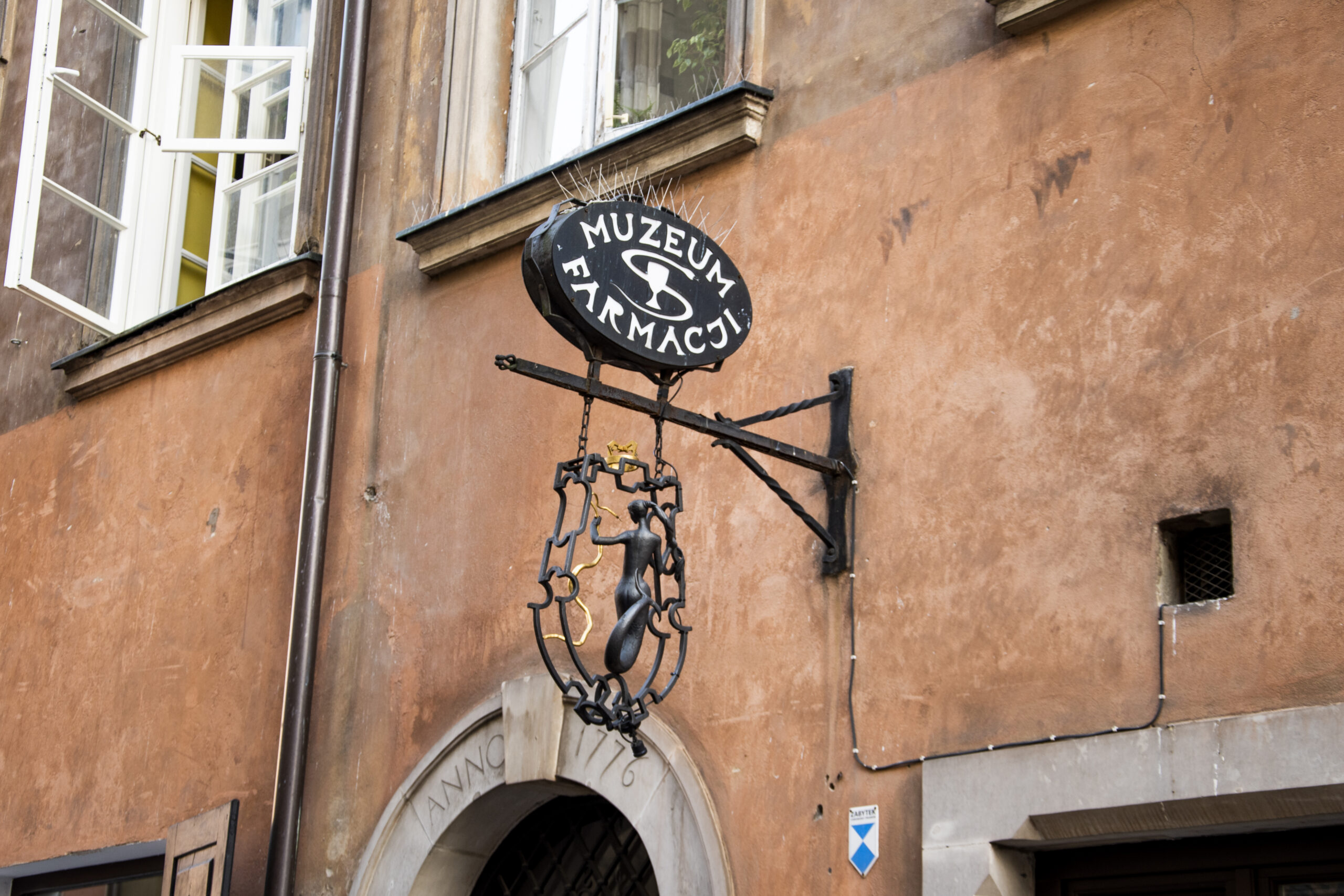Thu, 24.10.2024
17:00–18:30
Workshop
Muzeum Farmacji
free admission
Cultural Polish for Beginners

Is a museum a good place to learn a language? Of course! There is no language without culture and no culture without language.
In mid-September we are starting classes for learning Polish language through heritage. Museum exhibits will become an inspiration to develop communicative competences. We focus on exchange of ideas, learning from each other, openness to other cultures. Above all, we practice the ability to listen and speak in Polish in authentic, real-life situations. You are welcome!
Blind smelling. What spices did old-Polish gingerbread contain?
We will stimulate the senses with scents and at the same time we will whip up an aromatic gingerbread mixture. We will talk about old pharmacy medicines and herbs in the kitchen. We will practice vocabulary related to food and pharmacy shopping.
Practical information
Applications are accepted via form: forms.gle
The program is dedicated to all those who want to learn Polish as a foreign language.
The classes are held as part of the Pillot project and are subsidized by the European Union. The project is co-created by the Museum of Warsaw, Centrum demokratického vzdělávání www.muzeul-etnografic.ro, z. ú., Lux Langues SA www.inlingua.lu, Muzeul Etnografic al. Transilvaniei www.demokraticke-vzdelavani.cz, Stazione Utopia www.stazioneutopia.com.

For more information: Monika Michalek, monika.michalek@muzeumwarszawy.pl
The classes are conducted by
Katarzyna Žák-Caplot – language and museum educator, librarian. Author of projects and books for teaching Polish as a foreign language in museums. Winner of the European Language Label.
Monika Michałek – museum educator and city guide. Graduate of a certified course in heritage interpretation – Interpret Europe. Studied Spanish philology and worked as a Spanish language teacher.
Marek Łuszczyk – employee of the Warsaw Museum, historian and varsavianist, museum educator. He is particularly interested in 19th century medical advertising and fin de siecle culture. In his free time, he checks the etymology of words and searches for books he could read if the day were longer.
Co-financed by EU funds. The views and opinions expressed are solely those of the author(s) and do not necessarily reflect those of the European Union or the National Agency of the Erasmus+ Programme in Poland. Neither the European Union nor the grantor is responsible for them.



